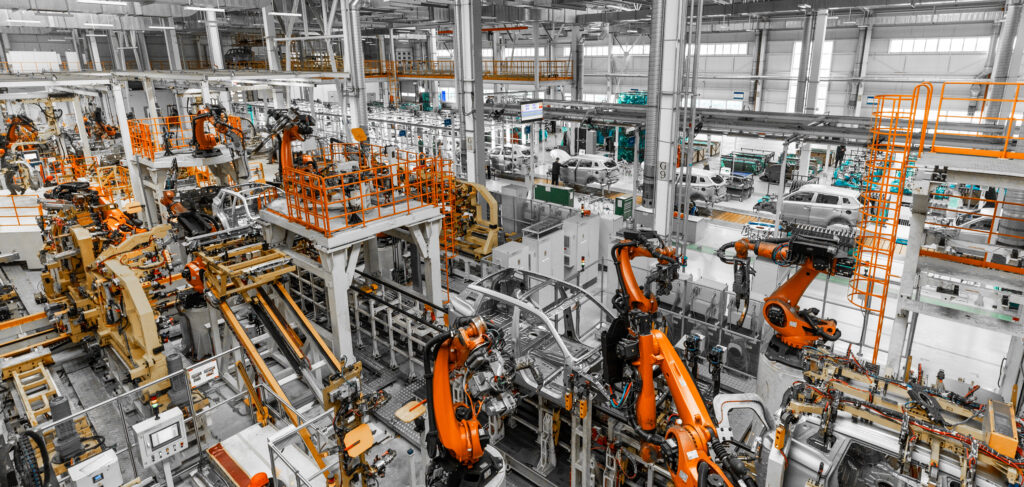Introduction
In the rapidly evolving landscape of technology, one term has gained significant attention and reverence in recent years: Artificial Intelligence (AI). With its potential to revolutionize industries and disrupt traditional business models, AI has become a driving force behind innovation and growth. In this article, we delve into the transformative power of AI, exploring its applications, impact, and the challenges it presents. By referencing scientific studies and real-world examples, we aim to provide a comprehensive understanding of this remarkable technology and its implications for businesses.
Defining Artificial Intelligence
Artificial Intelligence is the branch of computer science that encompasses the development of intelligent machines capable of performing tasks that typically require human intelligence. These tasks range from problem-solving and decision-making to natural language processing and perception. AI systems rely on algorithms, statistical models, and deep learning techniques to learn from data, improve performance, and make informed predictions.
The Growth of AI Applications
The application of AI spans a wide range of industries, creating new opportunities for businesses to enhance their operations, products, and customer experiences. Here are some key areas where AI is making a significant impact:
1. Data Analysis and Insights: AI algorithms excel at analyzing vast amounts of data, extracting valuable insights, and identifying patterns that may not be discernible to humans. By leveraging AI-powered analytics, businesses can make data-driven decisions and gain a competitive edge.
2. Automation and Robotics: AI’s ability to automate repetitive tasks and streamline processes has led to increased efficiency and productivity across industries. Robots and intelligent systems are now performing tasks such as assembly line work, customer service, and inventory management, reducing costs and improving accuracy.
3. Personalized Customer Experiences: AI enables businesses to deliver personalized experiences by leveraging customer data and predictive analytics. By understanding customer preferences and behavior, companies can tailor their offerings, marketing campaigns, and recommendations, leading to higher customer satisfaction and loyalty.
4. Healthcare and Life Sciences: AI is transforming the healthcare industry by enabling early detection of diseases, precision medicine, and improving patient outcomes. Machine learning algorithms can analyze medical records, genomic data, and imaging diagnostics to aid in diagnosis and treatment decisions.
5. Cybersecurity: The growing threat of cyberattacks necessitates robust defenses. AI-powered cybersecurity systems can detect anomalies, identify potential threats, and respond in real-time, mitigating risks and protecting sensitive data.
The Challenges and Ethical Considerations
While the benefits of AI are profound, there are challenges and ethical considerations that must be addressed. Some of these include:
1. Bias and Fairness: AI systems are only as good as the data they are trained on. If the training data is biased, it can lead to discriminatory outcomes. Careful attention must be given to ensure fairness and transparency throughout the AI development process.
2. Privacy and Security: The use of AI involves handling vast amounts of sensitive data, raising concerns about privacy and security. Organizations must adopt robust security measures to protect data from unauthorized access and ensure compliance with privacy regulations.
3. Job Displacement and Workforce Transformation: The automation potential of AI raises concerns about job displacement. However, history has shown that technological advancements often lead to the creation of new jobs and the transformation of existing roles. Businesses need to invest in upskilling and reskilling programs to help employees adapt to the changing job landscape.
Conclusion
Artificial Intelligence is a powerful force driving transformative change across industries. By harnessing its potential, businesses can gain a competitive advantage, improve operational efficiency, and deliver enhanced customer experiences. However, as AI continues to advance, it is crucial to address the challenges it presents, such as bias, privacy, and workforce implications. By doing so, we can ensure that AI remains a positive force that benefits society while mitigating potential risks.
References:
Silver, D., et al. (2016). “Mastering the game of Go with deep neural networks and tree search.” Nature, 529(7587), 484-489.
Buolamwini, J., & Gebru, T. (2018). “Gender shades: Intersectional accuracy disparities in commercial gender classification.” Proceedings of the 1st Conference on Fairness, Accountability, and Transparency, 77-91.
Chui, M., Manyika, J., & Miremadi, M. (2016). “Where machines could replace humans—and where they can’t (yet).” McKinsey Quarterly.
Marr, B. (2020). “The 10 Most Important AI And Machine Learning Research Papers Of 2019.” Forbes.
Mittal, S. (2020). “Artificial intelligence in healthcare: applications, benefits, and challenges.” Healthcare Research and Quality, 2(1), 23-29.


